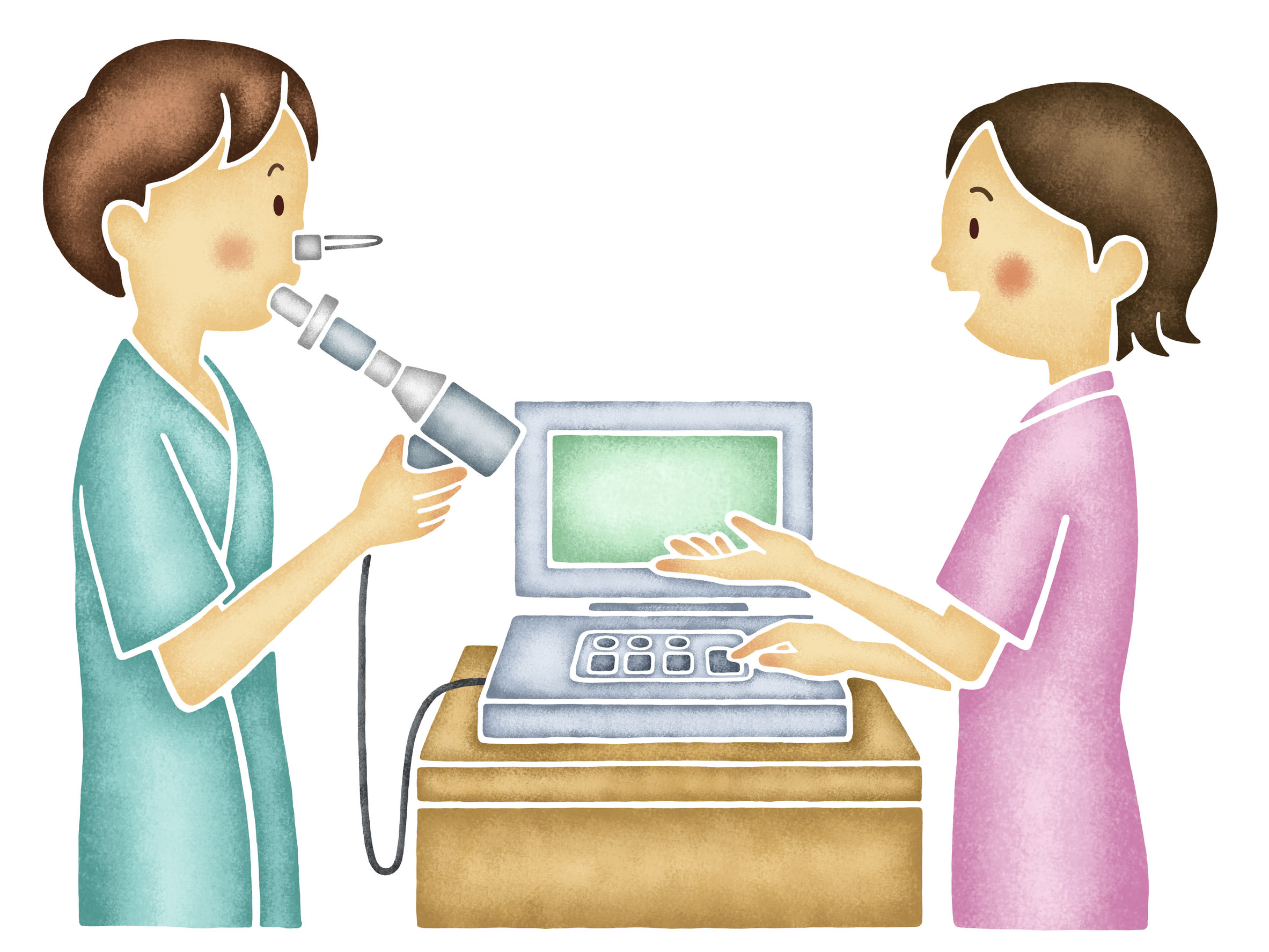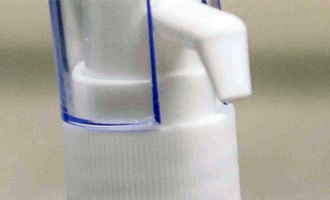A recent New York Times article discussed the link between allergic rhinitis (hay fever) and cognitive performance. I am so happy to see this issue get more public attention.
For several years now, I’ve been telling my patients that an unexpected (but very welcome benefit!) from getting really your allergies under control, will be a better night’s sleep and subsequently, more daytime alertness and energy. The relationship is this: when you have chronic allergy symptoms, you are baseline congested (along with all your other hay fever symptoms), and so you think that is the norm. However, these ongoing allergy symptoms are negatively affecting your sleep quality, thus making you less than optimal during the subsequent daytime hours.
The other major item in this news story: yes, you definitely want to minimize taking “first-generation” antihistamines (e.g Benadryl) which cause significant drowsiness. Instead, take a newer generation antihistamine (e.g. Allegra) which really shouldn’t cause any drowsiness.
Read the entire New York Times article here.




